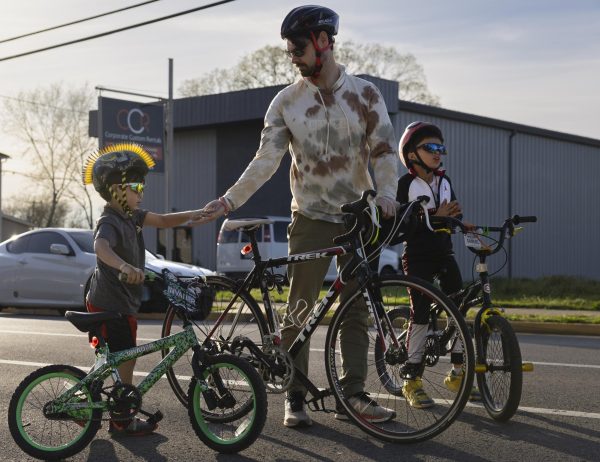Global Headline of the Week: Deadly demonstrations in Myanmar
March 25, 2021
The Herald has been covering the political crisis in Myanmar since it’s beginning in bits and pieces through our weekly global event column, but the ongoing situation warrants a deeper look.
Military Commander in Chief of Myanmar Min Aung Hlaing led a coup against the democratically elected head of government Aung San Suu Kyi on Feb. 1.
The Myanese military demanded a rerun of the votes from her election, claiming that there had been widespread fraud.
The election commission of Myanmar said that there was no evidence to support the claims of the military.
Aung Hlaing proceeded to take Suu Kyi into custody, which sparked protests and civilian demonstrations all throughout the country of Myanmar.
To this day, the location of Aung San Suu Kyi is unknown and many of her political party members have been arrested or forced into hiding.
Protests began when essential workers, such as doctors and teachers, went on strike from their necessary jobs.
Civilians also began boycotting the services and products that were primarily controlled by the military.
For the first few weeks of the protests, no evidence of violence by their military was visible, and it wasn’t until Feb. 17 that the UN was warned of a potential violent crackdown according to an article done by AP.
The first victim of violence was 19-year-old Mya Thwe Thwe Khaing who sustained a bullet wound to the head two days before her 20th birthday on Feb. 9. She passed away in a Myanese hospital on Feb. 19.
This event was a rallying point for the pro-democracy protesters in Myanmar and demonstrations grew immediately after the death of Thwe Khaing broke the news.
On Feb. 28, protests reached their “bloodiest” day so far when 18 Myanese citizens were killed and over 30 injured, according to the U.N. human rights office.
Only a few days later on March 3, 38 Myanese citizens were killed during peaceful protests according to an article done by AP.
Now, almost two months later, the situation in Myanmar has gotten far worse, with the death toll rising to above 260 according to the Assistance Association for Political Prisoners.
March 23 marked the youngest death during protests, 7-year-old Khin Myo Chit, who was shot in her own home while running to her father during a military search for activists in the area, according to an article done by BBC.
At this point, multiple countries have condemned that military takeover in Myanmar, but other than sanctions on Myanese military officials from the US and UK, no foreign intervention has occurred.
However, according to an article done by BBC, some South East Asian countries have been attempting diplomatic efforts to bring an end to the crisis, but an end is not yet in sight.
Shane Stryker can be reached at [email protected]. Follow him on Twitter @shanestryker.

























